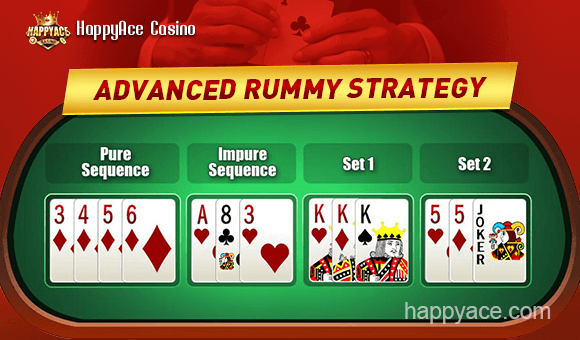
A Cinematic Legacy
Poker has long held a prestigious place in cinema, often serving as a backdrop for storytelling that revolves around themes of deception, power, and competition. Films like "Casino Royale" (2006) showcase poker as a high stakes game where players' lives literally hang in the balance. James Bond, pitting his wits against the nefarious Le Chiffre, embodies the archetype of the cool, collected player whose success relies on a combination of skill, bluffing, and reading opponents.
Classics such as "Rounders" (1998) present poker not merely as a game of chance but as a microcosm of life itself, illustrating how strategic thinking and emotional control are crucial in both gambling and personal challenges. The film has achieved cult status among poker enthusiasts, inspiring a generation of players to delve into the world of professional poker.
Moreover, the emergence of poker-focused documentaries, such as "Bet Raise Fold" (2013), has showcased the rising popularity of online poker, dissecting how the digital age has transformed the landscape of this traditional pastime. These films contribute to a broader narrative that situates poker within the complexities of societal change, including issues related to addiction, wealth, and morality.
Television's Poker Face
Television has also embraced poker, with shows like "High Stakes Poker" and "Poker After Dark" drawing millions of viewers and elevating the game to a new level of popularity. These programs, featuring professional players and celebrity guests, offer an intimate look at the strategies and personalities behind the game. The televised poker boom of the early 2000s coincided with the explosion of online poker, making it accessible to a broader audience.
Reality shows like "The World Series of Poker" have highlighted the human element of the game, capturing the emotional roller coaster experienced by players during high-stakes matches. The visibility of poker on screens has demystified the game, turning everyday viewers into enthusiastic participants and, in many cases, dedicated players.
Literature and Cultural Commentary
Poker has not only influenced visual media but has also found its way into literature, where it serves as a metaphor for life's uncertainties. Authors such as Mark Twain and Dashiell Hammett have used poker to explore psychological depth, social stratification, and ethical dilemmas. Twain's writing often reflects the gambling culture of his time, while Hammett's noir narratives depict poker as a setting for moral ambiguity.
Modern writers continue this tradition, using poker as a narrative device to delve into character development and plot advancement. The game stands as a symbol of the risks individuals take in pursuit of their desires, whether they be for wealth, love, or personal validation.
The Music of the Game
The cultural impact of poker is also echoed in the music industry. Numerous songs reference the game, often using it as a metaphor for love, life, and the gambles we take. Songs like Johnny Cash's "The Gambler" highlight the lessons learned from the game, emphasizing wisdom gained through experience. Cardi B's "Money" integrates poker imagery to convey a sense of empowerment and the hustle required to succeed.
Such lyrical references reinforce the idea of poker as a reflection of broader life experiences, illustrating how the game resonates with themes of fate, control, and ambition.
A Reflection on Society
Ultimately, poker's pervasive presence in popular culture speaks volumes about the human condition. It encapsulates themes of chance and choice, opportunity and risk, and the psychology of competition. Whether it's the calculated moves of a seasoned gambler or the impulsive decisions of a novice, poker remains a poignant reflection of life's unpredictable nature.
As society continues to evolve, so too does the portrayal of poker, adapting to new technologies, cultural attitudes, and social dynamics. The game retains its status as an archetype of strategy and seduction, engaging our imaginations and compelling us to confront our own desires and fears in the face of uncertainty.
In a rapidly changing world, poker persists not just as a game, but as a mirror reflecting the complexities of modern life, illustrating the interplay between luck and skill, and challenging us to consider what we are willing to bet on in our own pursuits.











